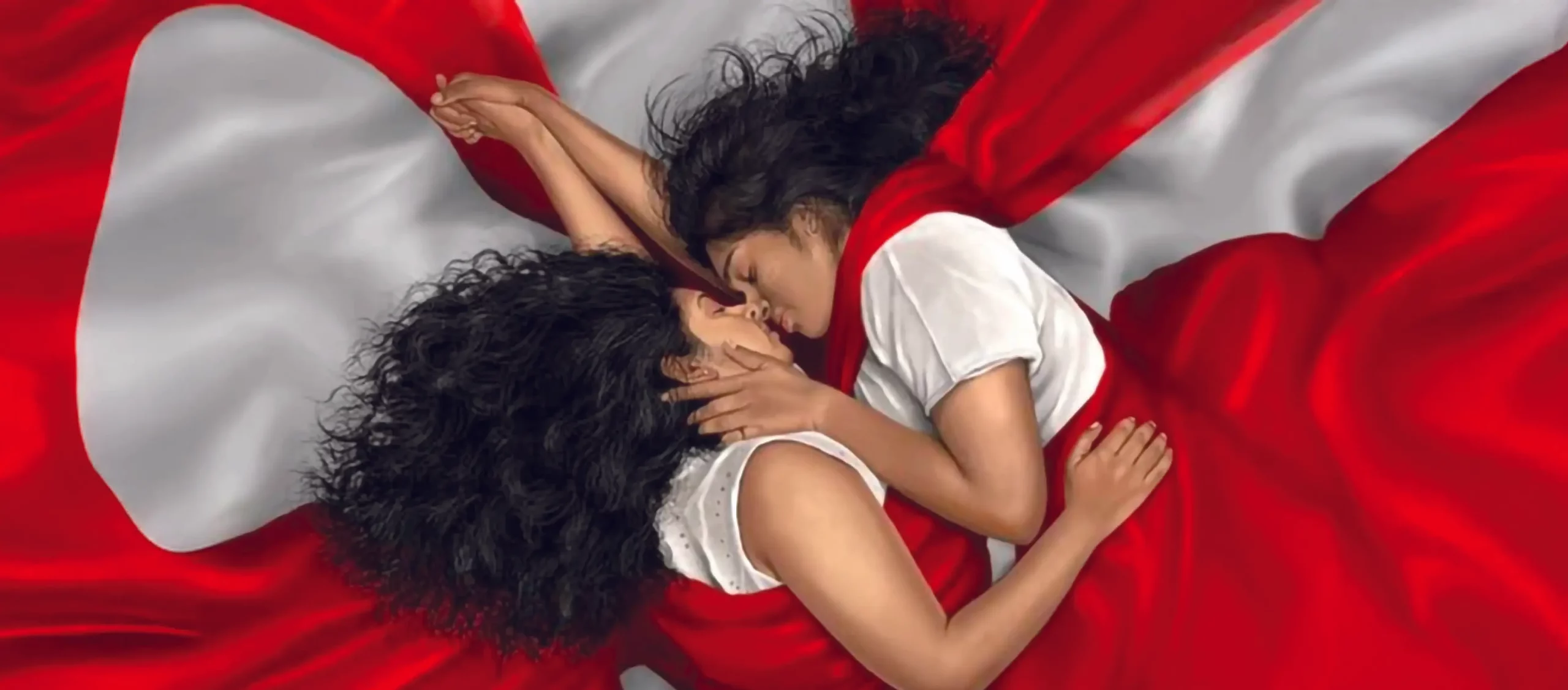Posted by Nimisha Agarwal
In the past, there was a rising discourse to move away from considering homosexuality and gender dysphoria as mental health diseases. The sexual and gender non-normative folks are no longer universally considered ‘mentally ill’ or as ‘deviants’ who need corrective therapy. While it is a welcome change in the broader understanding where individuals do not have to justify their gender and sexual preference as not a disease, the point that is often missed is the burden of everyday prejudice and how that shapes an individual.
Having grown up in a fairly traditional lower middle-class Savarna household in a conservative city, patriarchy was a norm. Growing up, every action was monitored with a gendered lens. Good habits were only enforced upon the girls and the women in the family. It was believed that girls of ‘good’ families don’t go out in the dark or talk loudly, that they always first serve food to the guests and only then eat, always look pretty and wear nice frocks (since they are the repositories of family values and the display sets for their money and splendour and have to be ultimately married away with their hymens intact) and that they do not sit with their legs wide apart, chew food loudly or talk to boys.
In the world where I grew up, I questioned everything but it seemed like I was the only questioning them. Saying that you do not like your parents was not a good thing in my elite school. I created a shell of exclusivity, an imaginary world for myself where the discrimination did not exist.
To be able to articulate one’s broken self with years of oppression was perhaps the first form of acceptance I gained coming out of the closet of learned family values.
Years of existence passed by and I was fortunate enough for the circumstances which led to me find a feminist camaraderie outside of my hometown. For the first time I met women who shared similar experiences. There were folks who felt equally claustrophobic growing up. My first coming out was not about my gender or sexuality, rather being able to say out loud “I do not like my parents or family”. To be able to articulate one’s broken self with years of oppression was perhaps the first form of acceptance I gained coming out of the closet of learned family values.
My rebellious self finally felt at ease when everything gendered was questioned around me, utopia existed not just in my imaginary mind but in reality. While there existed a microcosm of a feminist utopia there was a world outside which was unkind, perhaps even more than the family one grew up in. Life was a constant juggle between my utopian space and seeing various forms of oppression which were not restricted just to gendered violence that society inflicts. I could not unsee the power dynamics of the Brahminical, capitalist world.
Also read: Queers of India Talk About Their Experiences With Section 377
Normative is not restricted to just gender, it involves power plays with one’s caste, religion, class, physical and mental abilities, language, region, and social capital. While each of us has a certain kind of capital and power within this hierarchical structure, being a gender or sexual non-normative almost feels like choosing to add a layer of oppression on one’s self. The scientific discourse though may have acknowledged homosexuality or gender dysphoria is not a mental illness, what has been missing is the discussion on structural oppression and how that shapes an individual.
The everyday sexism, misogyny, overt and covert forms of homophobia, triggers all the years of trauma, one that was boxed away to protect oneself.
My own experience of navigating a deeply Brahminical and patriarchal institution in Banglore pushed me back to my younger self. The everyday microaggressions, sexism, misogyny and the overt and covert forms of homophobia triggers all the years of trauma one had boxed away to protect oneself. Except now I can’t fall back on my imaginary world or find similar spaces of camaraderie in every space that I am in. Over the years, I have a learned there is price one has to pay to function in this world driven by social norms. The more one falls outside, assigned or otherwise power structures, more discrimination will be a norm.
There is little one can do to bring about the overall change, we fight battles every day and some days we do give up. The challenge is to pick oneself every day, be ready to face the world, choose the battles, and navigate through the invisible war one has been for as long as one can remember.
The trauma of just the existence as a queer person has no vocabulary in the mental health research discourse. Often it is difficult to explain – the anxiety is not just induced by an episode which would go away if one gives it a time or chooses to heal. The symptoms of depression that you exhibit may not seem real, but they are real to those who have to put a brave face to exist in the world which still judges you on how you look, what language you speak, how loudly you speak, and whether you are doing enough to fall in line with the expected good behaviour. The structural oppression breaks an individual in a certain manner, perhaps it not a mental health issue but a societal one.
Also read: “Not Same-sex Sexuality But Modern Homophobia Is The Western Import”: Ruth Vanita
I hope someday we humans would collectively be able to challenge these ‘norms’ and move beyond oppression as an accepted pattern.
Nimisha is a PhD student, trying to survive a Brahminical institution. She is currently discovering her love for both cats and dogs. You can follow her on Facebook, Twitter, and Instagram.
Featured Image Source: Pride Life
About the author(s)
Guest Writers are writers who occasionally write on FII.



